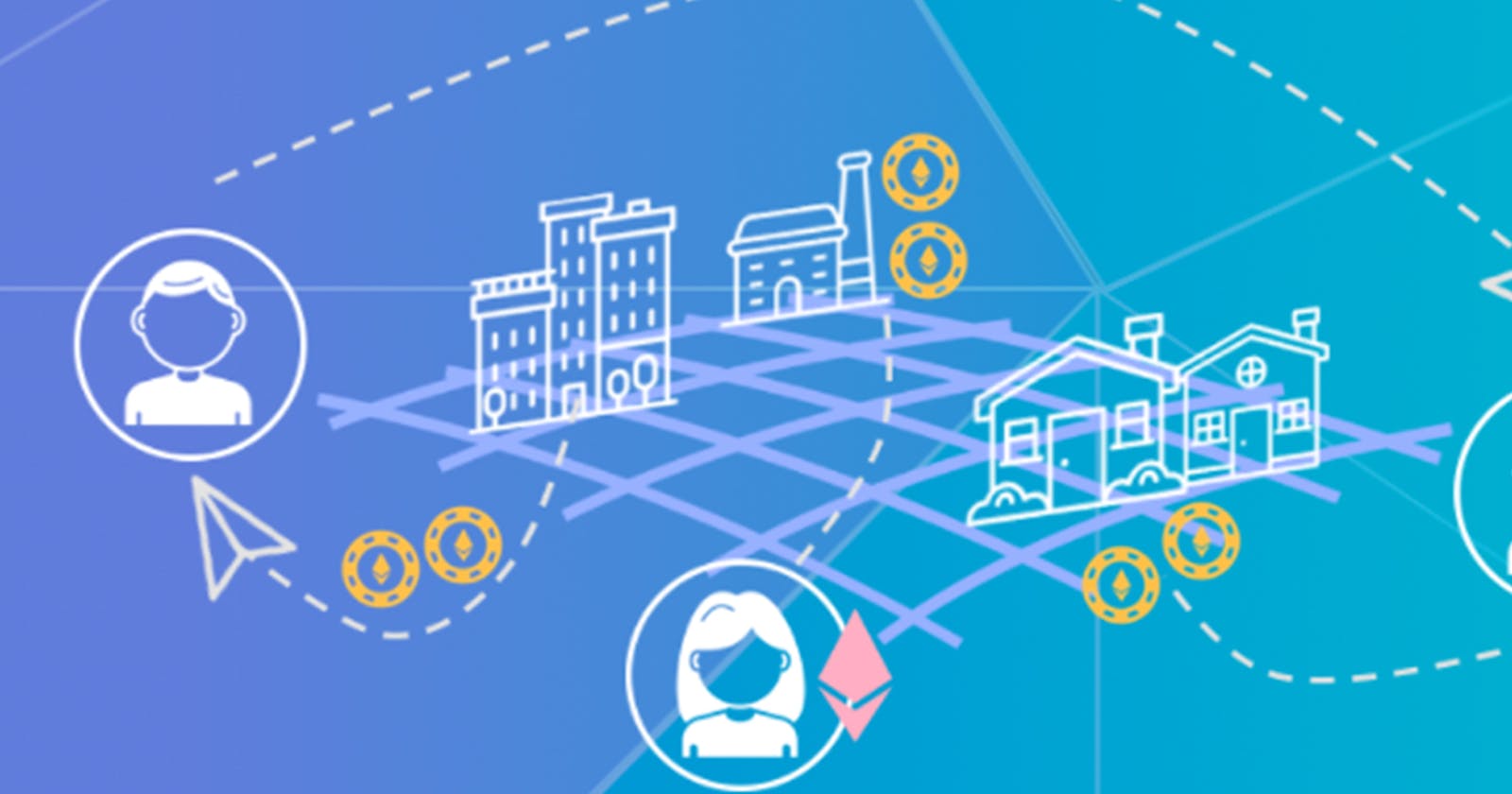Table of contents
No headings in the article.
Creating a blockchain-based smart contract real estate project with the properties you mentioned requires a combination of different components. Here's a high-level overview of how you can approach it:
NFT Minter:
Choose a suitable blockchain platform that supports NFTs, such as Ethereum or Binance Smart Chain.
Develop a smart contract for the NFT minter. This contract should define the necessary metadata for the real estate NFTs, such as property details, images, and rental terms.
Implement the functionality to mint new NFTs representing real estate properties. Each NFT should have a unique identifier and can be associated with specific rental terms.
Marketplace:
Develop a marketplace smart contract where users can list, auction, rent, and buy the real estate NFTs.
Implement functions to enable users to list their NFTs for sale or auction, set rental terms and prices, and interact with potential buyers or renters.
Include functionality for users to browse and search available real estate NFTs, filter by criteria, and view property details.
Escrow Contract:
Create an escrow contract that acts as a trusted intermediary for rental or purchase transactions.
Define an array of signers who must approve the transaction. Each signer can have a fixed percentage of payment that needs to be met before approval.
Implement a mechanism to hold the funds in escrow until the transaction is completed, ensuring the payment is released to the appropriate parties.
Include logic for dispute resolution, in case any conflicts arise during the transaction.
It's important to note that this is just a high-level overview, and the implementation details will depend on the blockchain platform and programming language you choose. You may also need to consider additional features, such as user authentication, user interfaces (web or mobile), and integration with external systems (e.g., payment gateways).
When developing smart contracts, it's essential to follow security best practices, perform extensive testing, and conduct thorough audits to ensure the safety and integrity of your project.
